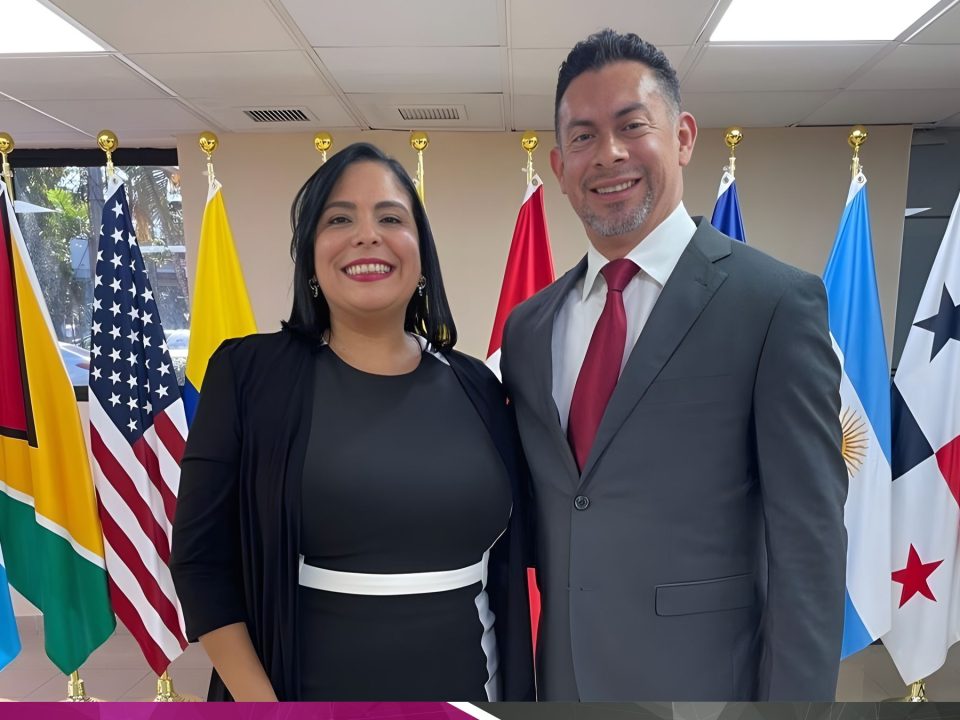
Obligation of Keeping Accounting Records for Companies that do not Perform Operations in Panama
04/10/2019Icaza, González-Ruiz & Alemán Recognized in LACCA Approved 2018
04/10/2019The owners of real property which are subject to the Horizontal Property Regime are under the obligation of paying taxes both in respect to their real estate unit and the land on which the same is built. Law 66 of October 17 th , 2017 published by means of Official Gazette No. 28388-C.
Exemptions and rates in the Horizontal Property Regime
The exemption granted by law in regards to the real property tax falls solely on the value of the improvements. Regarding the taxes to be paid on the value of the lands, the prior amendment implemented that the tax would be paid at a rate of one percent (1%) over the value of these lands during the period in which the value of the improvements is exempted, and once said exemption has expired, the progressive combined rate established in the Fiscal Code shall enter into force. With the recent amendment to the Fiscal Code, which shall enter into force as of January 1 st , 2019, not only the rate that shall govern was amended, but some new concepts and procedures were included that we must take into account.
The 1% tax over the value of the land is still in force for those real properties that up to this date their improvements are exempted, nevertheless, with the amendment, the taxpayer may choose a) if he keeps the exemption on the improvements effective and pays the rate of 1% over the value of the land until the expiration date of said exemption, or b) if he adheres to the concept of Family Tax Patrimony or Main Residence, waiving to the exemption, where he shall pay based on the new rate on the excess of B/.120,000.00. Those properties whose improvements value is less than B/. 120,000.00, and that are declared as Family Tax Patrimony or Main Residence would not be encumbered with the real property tax.
The real properties incorporated to the horizontal property regime which are for commercial or industrial use or those that do not constitute a Family Tax Patrimony or Main Residence, shall pay the tax at the rate of 1% of the value of the land until the expiration of the improvements exemption, and once it expires, they shall be governed by the new rates established as amended by the recent law.
Family Tax Patrimony or Main Residence
The Family Tax Patrimony is that “real property intended for permanent use by the owner of the property for housing purposes with his family, living under the same roof”, while the Main Residence is that “of permanent use by the real property owner, a natural person, with housing purposes…and that do not constitute family patrimony”. For a real property to be considered a Family Tax Patrimony or Main Residence, the taxpayer must comply with the conditions arising from these definitions and must request to adhere to one of these concepts before the General Directorate of Revenues.
Banks as withholding agents of the Real Property Tax
The recent amendment introduces the obligation for banks to act as withholding agents of the real property tax of those real properties (taxable) that had been acquired through financing or that constitute a collateral; with the exception of the first residences, which shall be exempted for up to three years, as long as the purchaser had never bought a property before.
Important aspects for the Development Companies
The General Directorate of Revenues shall acknowledge the improvements exemptions to those projects, whose construction permits were valid on December 31 st , 2018. The real estate development companies whose projects are developed with construction permits issued after the date aforementioned, shall assume the real property tax falling into the improvements (units) and land, as of the establishment of the “HP properties”. The aforementioned shall be applied to all the Real Estate Development Companies, except for the real properties owned by Companies and Development Companies established in free zones, which shall have a special tax treatment for a period of 10 and 30 years, respectively.
By: Ayleen Quintero, Associate attorney.
Any Questions? Please, contact us.








